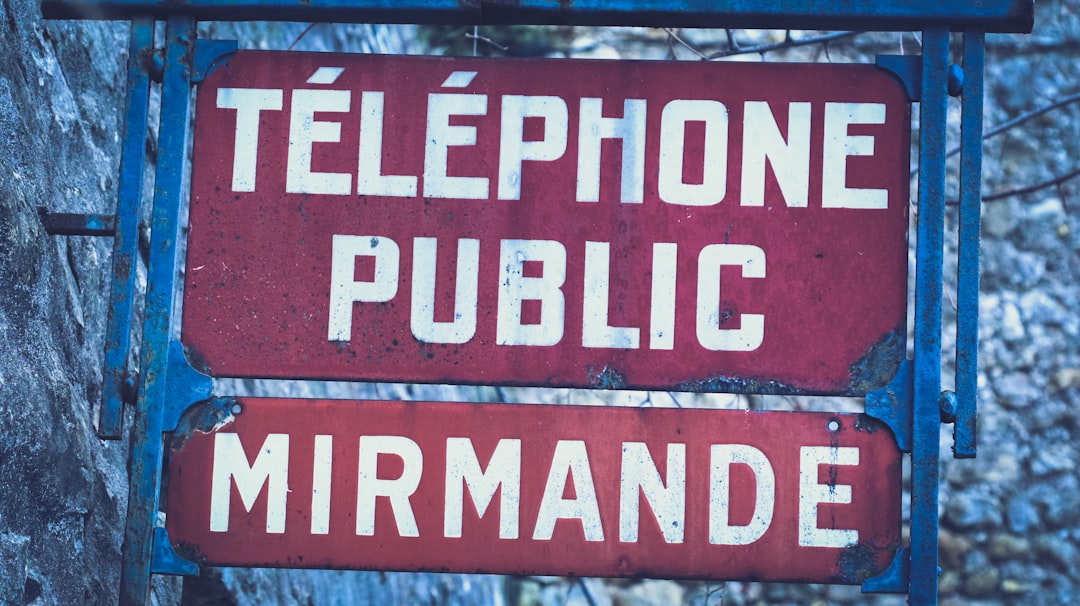Spam calls, or unsolicited telemarketing, disrupt local churches in Indiana, but the Telecommunications Consumer Protection Act (TCPA) offers a legal framework to combat them. Churches can seek assistance from spam call lawyers or specialized law firms in Indiana to navigate TCPA protections and stop unwanted commercial messages. By understanding their rights and employing strategies like education, auto-attendants, do-not-call lists, and blocking techniques, churches can create a commercial-free environment for religious activities while consulting with legal experts for tailored solutions and number registration avoidance.
In the digital age, local churches in Indiana face an unexpected challenge—a surge in spam calls. These unwanted phone solicitations not only disrupt church operations but also pose legal concerns under the Telephone Consumer Protection Act (TCPA). This article explores effective strategies to combat this growing issue, providing insights for Indiana churches on ‘How to Stop Spam Calls’ and highlighting the role of specialized spam call law firms and lawyers in navigating the state’s specific TCPA regulations.
Understanding Spam Calls and Their Impact on Local Churches in Indiana

Spam calls, or unsolicited telephone marketing calls, have become a persistent issue for local churches in Indiana. These unwanted calls can disrupt church operations, distract members and staff during important activities, and even invade religious spaces with commercial messages. The impact is significant, causing stress and potentially hindering community engagement and growth.
Many churches struggle to find effective solutions, leading many to seek legal assistance from experienced spam call lawyers or law firms in Indiana. The TCPA (Telecommunications Consumer Protection Act) provides guidelines on how to stop spam calls, offering protections for consumers, including those who wish to keep their religious institutions free from such intrusions. Understanding these laws and seeking professional guidance can empower churches to take decisive action against spam call perpetrators.
Legal Framework: The Telephone Consumer Protection Act (TCPA) in Indiana

In Indiana, the Telephone Consumer Protection Act (TCPA) serves as a robust legal framework designed to safeguard citizens from unwanted and deceptive telephone marketing practices, including spam calls. This federal law prohibits companies and individuals from making telemarketing calls using auto-dialers or prerecorded messages without prior express consent. Indiana has specifically adapted this legislation to protect its residents, ensuring that local churches can enjoy peace from relentless spam calls.
To effectively stop spam calls in Indiana, both businesses and individuals must understand their rights under the TCPA. A spam call law firm or lawyers specializing in TCPA in Indiana can guide citizens on how to file complaints against violators. By leveraging this legal framework, local churches can take proactive measures to prevent unwanted calls, ensuring they can focus on their core ministries without being burdened by intrusive marketing attempts.
Effective Strategies to Reduce and Manage Spam Calls for Indiana Churches

Many local churches in Indiana face the persistent problem of spam calls, which can disrupt their operations and cause frustration among staff and congregation members. Thankfully, there are effective strategies to combat this issue and ensure a quieter phone line.
One of the primary steps is to educate church goers and staff about the best practices to prevent unwanted calls. This includes not sharing phone numbers widely, using auto-attendants or call screening software, and implementing do-not-call lists. Additionally, hiring a spam call law firm or consulting with a lawyer specializing in TCPA (Telephone Consumer Protection Act) compliance can provide tailored solutions. These professionals can offer guidance on blocking techniques, number registration avoidance, and legal protections to deter spam call intruders effectively.






